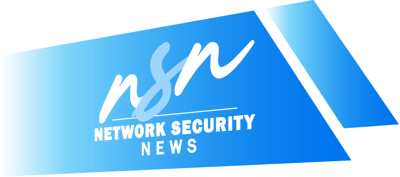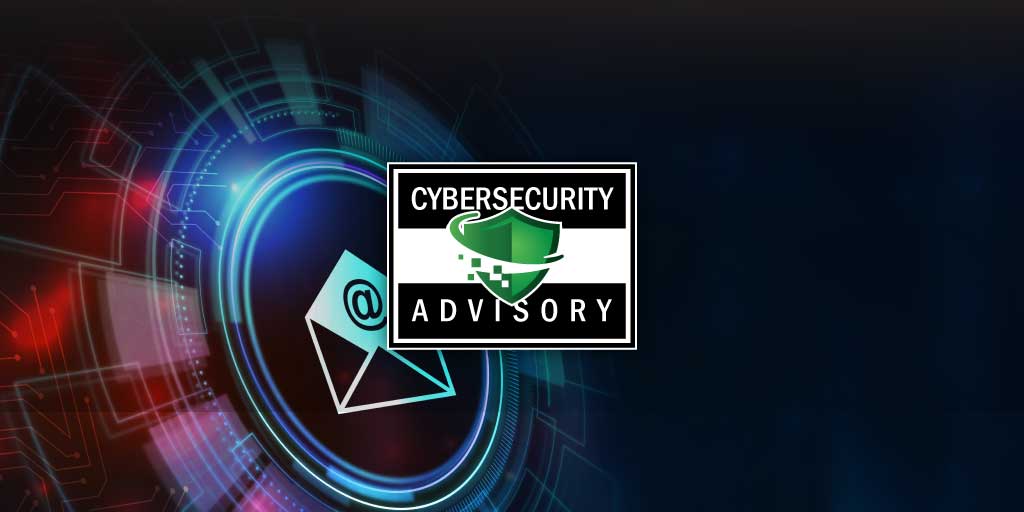Cybersecurity Advisory: Patches for 6 Actively Exploited Zero Days
It's important that organizations deploy last week's "Patch Tuesday" patches as soon as possible. These patches include several critical, high, and...
24/7/365 Monitoring & Alerting
Compromise Assessments
Threat Hunting
Vulnerability Management
CMMC Preparation & Assessment
Cybersecurity Assurance Readiness (CSAR®/RMF Pro)
ATO/RMF Support
If you are concerned about a potential threat or are experiencing a breach, contact our 24/7/365 emergency hotline at 888-860-0452.
 Subscribe to NetSec News
Subscribe to NetSec NewsSign up to receive our biweekly newsletter that covers what's happening in cybersecurity including news, trends, and thought leadership.
At our core, Ingalls is a company that strives to be helpful to our clients while continuously innovating and evolving our technology and solutions. Since 2010, we have been dedicated to building a team and product that can stay steps ahead of threats, attacks, and vulnerabilities in an ever-changing landscape.
2 min read
 Daniel Guidry
:
Jun 15, 2020 12:00:00 AM
Daniel Guidry
:
Jun 15, 2020 12:00:00 AM
Multiple vulnerabilities have been discovered in Microsoft products, the most severe of which could allow for remote code execution. Successful exploitation of the most severe of these vulnerabilities could result in an attacker gaining the same privileges as the logged-on user. Depending on the privileges associated with the user, an attacker could then install programs; view, change, or delete data; or create new accounts with full user rights. Users whose accounts are configured to have fewer user rights on the system could be less impacted than those who operate with administrative user rights.
These updates also included patches for SMBleed (CVE-2020-1206) and SMBLost (CVE-2020-1301). SMBLost is a remote code execution vulnerability in SMB v1. SMBleed is an information disclosure vulnerability which could allow an attacker to read uninitialized kernel memory. A PoC is also available on Github for chaining SMBleed with SMBGhost (CVE-2020-0796) without authentication to achieve remote code execution. CISA indicated cyber actors are actively targeted unpatched systems with the PoC.
Microsoft Windows
Microsoft Edge (EdgeHTML-based)
Microsoft Edge (Chromium-based) in IE Mode
Microsoft ChakraCore
Internet Explorer
Microsoft Office and Microsoft Office Services and Web Apps
Windows Defender
Microsoft Dynamics
Visual Studio
Azure DevOps
HoloLens
Adobe Flash Player
Microsoft Apps for Android
Windows App Store
System Center
Android App
Government:
Businesses:
Home users: Low
Multiple vulnerabilities have been discovered in Microsoft products, the most severe of which could allow for remote code execution.
A full list of all vulnerabilities can be found at the link below:
https://portal.msrc.microsoft.com/en-us/security-guidance
Successful exploitation of the most severe of these vulnerabilities could result in an attacker gaining the same privileges as the logged-on user. Depending on the privileges associated with the user, an attacker could then install programs; view, change, or delete data; or create new accounts with full user rights. Users whose accounts are configured to have fewer user rights on the system could be less impacted than those who operate with administrative user rights.
Apply appropriate patches or appropriate mitigations provided by Microsoft to vulnerable systems immediately after appropriate testing.
Run all software as a non-privileged user (one without administrative rights) to diminish the effects of a successful attack.
Remind all users not to visit untrusted websites or follow links provided by unknown or untrusted sources.
Inform and educate users regarding threats posed by hypertext links contained in emails or attachments especially from untrusted sources.
Apply the Principle of Least Privilege to all systems and services.
Microsoft:
https://portal.msrc.microsoft.com/en-us/security-guidance
https://portal.msrc.microsoft.com/en-us/security-guidance/releasenotedetail/2020-Jun
June 12 – UPDATED REFERENCES:
CISA: https://www.us-cert.gov/ncas/current-activity/2020/06/05/unpatched-microsoft-systems-vulnerable-cve-2020-0796

It's important that organizations deploy last week's "Patch Tuesday" patches as soon as possible. These patches include several critical, high, and...

CVE-2021-1675(akaPrintNightmare) is a vulnerability in the built-in Windows “Print Spooler” service. Microsoft released a patch for CVE-2021-1675as

Microsoft has detected multiple 0-day exploits being used to attack on-premises versions of Microsoft Exchange Server in limited and targeted...